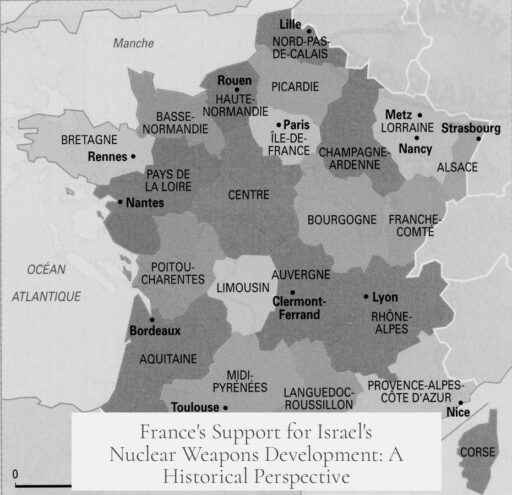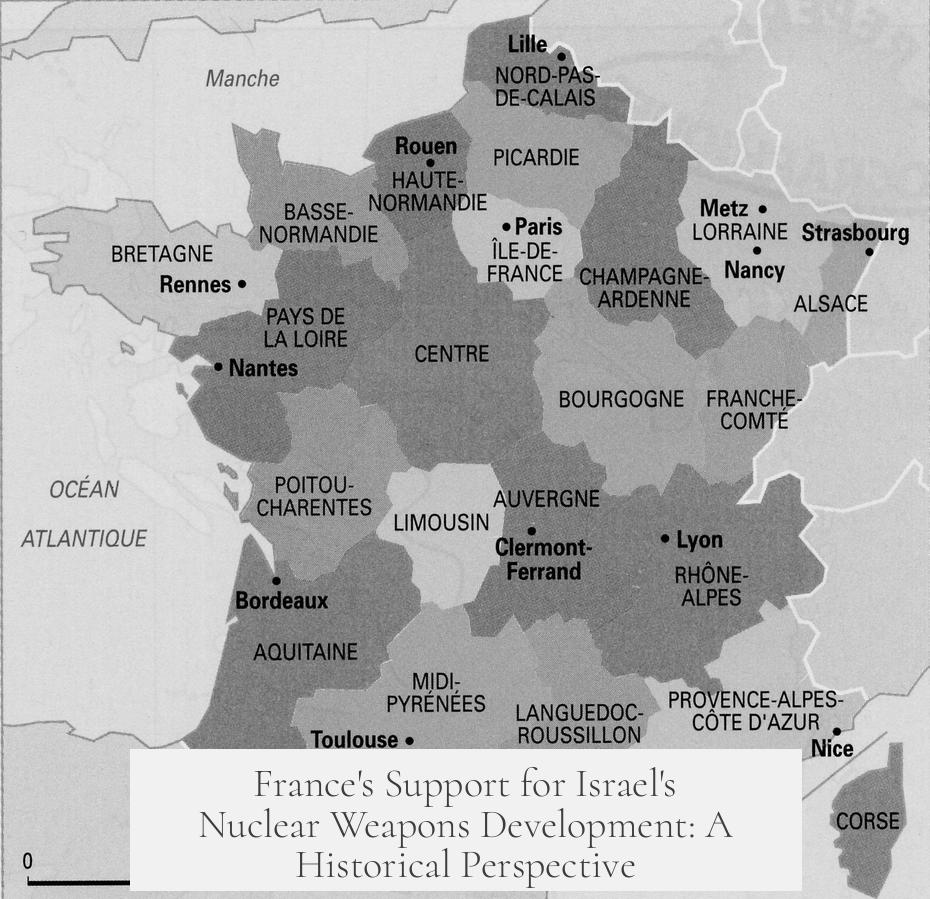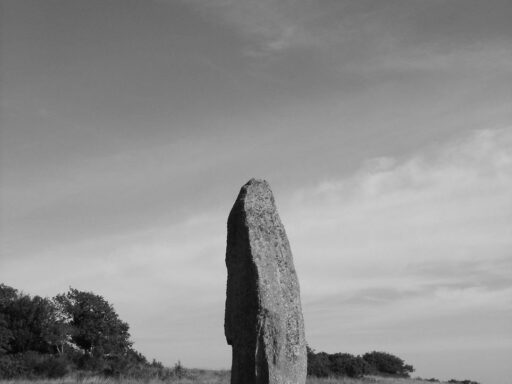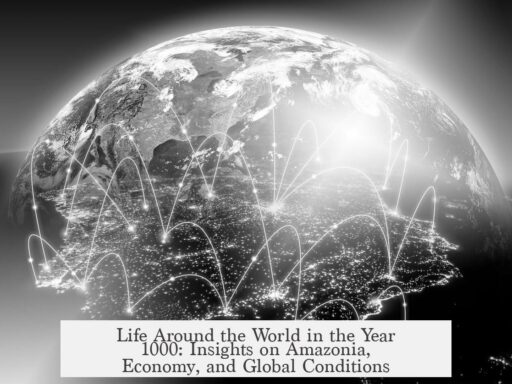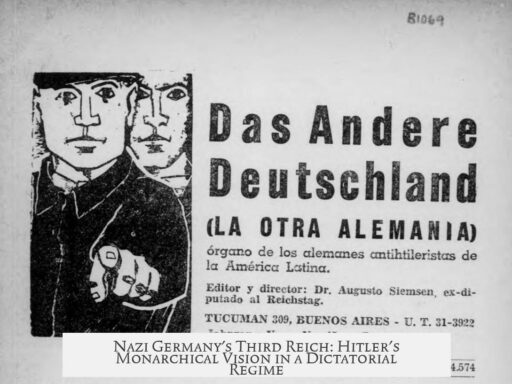France helped Israel develop nuclear weapons due to a combination of political identity, shared outsider status, and strategic interests during the 1950s and early 1960s.

During this period, France identified itself largely as a colonial power, still grappling with its role on the global stage. It viewed Israel as a fellow Western ally in a turbulent region, reinforcing a connection tied to the political climate shaped by World War II and the Holocaust. This historical context formed a foundation for cooperation between the two nations.
France and Israel both considered themselves outsiders in the nuclear arena. While the United Kingdom could depend on the United States for nuclear backing, France and Israel lacked such security guarantees. This mutual position made France a pragmatic partner for Israel’s nascent nuclear ambitions.

- France sought to bolster its influence as a powerful but embattled presence in the Middle East.
- Israel needed nuclear capability for national security amid hostile neighbors.
The Israeli leadership, particularly those who emerged from the post-Holocaust generation, regarded nuclear weapons as essential to the country’s survival. This belief aligned with France’s willingness to support Israel’s nuclear program. France saw aiding Israel as consistent with its broader strategic goals and geopolitical self-image.
France’s support included providing technical expertise, materials, and cooperation, helping Israel advance its nuclear development during a period when global nuclear proliferation was tightly controlled by superpowers.

| Factor | Description |
|---|---|
| Colonial Legacy | France saw itself as a Western colonial power linked with Israel. |
| Shared Outsider Status | Both France and Israel lacked direct nuclear allies. |
| Strategic Necessity | Israel viewed nuclear weapons as crucial for survival. |
| Mutual Incentive | France aimed to maintain influence and Israel sought defense capabilities. |
This cooperation ended in the mid-1960s as Charles de Gaulle shifted French policy and distanced France from Israel. However, the early support was crucial in establishing Israel’s nuclear capabilities.
- France’s colonial mindset and identification with Israel fostered initial cooperation.
- The shared outsider nuclear status encouraged pragmatic partnership.
- Israeli leadership’s commitment to nuclear arms found a willing French ally.
- French technical and material aid was key to Israel’s nuclear development.
Why Did France Help Israel Develop Nuclear Weapons?

The short answer: France helped Israel develop nuclear weapons due to a mix of shared outsider status, colonial-era identities, and pragmatic geopolitics, especially during the 1950s and early 1960s. This partnership was fueled by a convergence of interests and mutual recognition of threats, but later fizzled out as France’s priorities shifted and Israel turned towards the United States for support.
But let’s dive into the fascinating stories and facts behind this geopolitical dance.

France’s Colonial Self-Image and Identification with Israel
Before Charles de Gaulle took power in 1958, France very much saw itself as a colonial power. Algeria was not just a distant colony—it was *the* centerpiece of French identity and politics. On top of that, France, along with the UK, had botched interventions like the Suez Crisis in 1956, trying to clamp down on Egypt’s nationalization of the Suez Canal. Picture France as a colonial ruler desperately trying to hold on to its fading empire.
In this context, France saw Israel as a fellow Western power surrounded by hostile neighbors. Both nations felt besieged and isolated in a hostile region. France’s identification with Israel was also deeply personal, shaped by the traumatic shadows of the Holocaust and the fear of existential threats.
This shared outsider status created a natural sympathy. Israel wasn’t just any country—it was a symbol of Western resilience in an unstable region. France saw in Israel a partner that understood the stakes of survival and power balance in the Middle East.
Pragmatism: Two Outsiders Playing the Nuclear Game
Now, imagine the global nuclear race of the 1950s: a few countries, like the US, USSR, and UK, were the usual suspects. France and Israel, however, were outsiders looking in. The UK had the US’s backing. France didn’t — and neither did Israel.
This gave both countries a mutual incentive to team up. France wanted to assert itself as a nuclear power independent of the US and USSR. Israel needed to level up its defense capabilities amid existential threats from neighboring states.
France agreed to help Israel develop nuclear weapons because it aligned with their ambitions and pragmatic strategic interests. And Israel, particularly its leadership from the “camp generation” who remembered the Holocaust’s threat firsthand, saw nuclear weapons as essential to survival. They were keen to accept France’s help.
The Cold Friendship and Why It Ended
However, this alliance wasn’t destined to last forever. When Charles de Gaulle fully took power, he adopted a more nuanced foreign policy. Algeria’s painful war of independence made him realize France couldn’t maintain strong ties with both Israel and the Arab world.
He ended France’s special relationship with Israel, seeking to mend ties with Arab countries. France needed oil, trade, and regional stability more than it needed a nuclear buddy in the Levant.
Meanwhile, Israel, anticipating this shift, moved quickly to develop a new partnership—with the United States. The US was emerging as the dominant global leader and provided Israel with more substantial military and political support.
The Mystery of Nuclear Ambiguity: Nixon’s Role
You might wonder: what about later decades? Interestingly, President Richard Nixon, who admired de Gaulle and shared some of his worldviews, played a role in shaping Israel’s nuclear policy, especially regarding “nuclear ambiguity.”
This approach meant that Israel neither confirmed nor denied its nuclear arsenal. It was a tacit understanding aimed at avoiding a full nuclear arms race in the region, allowing Israel to deter enemies without triggering alarming global reactions.
Nixon’s stance reflected a broader acceptance that nuclear weapons don’t always have to be flaunted to be effective—a pragmatic nod to balancing power without outright declaring it.
What Have We Learned?
- France’s initial help was born from shared feelings of being underdogs, combined with its colonial mindset and strategic needs.
- Pragmatism ruled: both nations saw value in cooperation to boost their global standing and secure their regional interests.
- Shifting politics—like de Gaulle’s policy about Algeria—changed France’s approach.
- Israel’s pivot to the US ensured ongoing support after France pulled back.
- Ambiguous nuclear policy helped Israel maintain deterrence without escalating tensions openly.
Why Does This Matter Today?
This story reminds us how international relationships often hinge on moments of shared identity and convenience. France’s help wasn’t just technical assistance—it was rooted in emotions, history, and the desire to be relevant in a changing world.
Also, this explains why Israel today is an enigmatic nuclear power—balancing its need for defense with global diplomacy. Understanding this past uncovers the complicated geopolitical chess played decades ago.
So the *next time* you hear about nuclear proliferation or Middle Eastern geopolitics, remember: it’s not just about missiles or bombs. It’s about human fears, national identities, and shifting alliances. France and Israel’s nuclear story is a prime example of that complex dance.
Practical Takeaway
Studying such alliances teaches policymakers that cooperation often blossoms from common identities and mutual needs, not just formal treaties. Modern nations grappling with security issues could learn from France and Israel’s initial partnership: sometimes, ‘outsiders’ can find powerful common ground when big players overlook them.
Meanwhile, civilians can appreciate how nuanced and human history is. History isn’t just dates or cold facts—it’s about relationships shaped by context and survival instincts.
Does your country share a history of “outsider” collaboration? Or maybe your industry partnerships thrive on this kind of pragmatic bond? Reflect on how shared challenges create unlikely but powerful alliances.
“In a world of shifting alliances, pragmatic partnerships often hold the keys to survival and power.”
So, the next time you wonder why France helped Israel build nuclear weapons, remember: it was a story of survival, identity, and pragmatism—wrapped up in a complex geopolitical dance.
